
Novartis nearly doubled its Endocyte bid during drawn-out courtship
The escalation in per-share price—which far exceeds that of other recent deals involving Indiana public companies—reflects the unique nature of M&A in the pharmaceutical realm.

The escalation in per-share price—which far exceeds that of other recent deals involving Indiana public companies—reflects the unique nature of M&A in the pharmaceutical realm.
Socio is just two years old but already has hundreds of clients across six continents, including Google, Microsoft, PepsiCo and Hyundai.
MiraVista Diagnostics, which processes more than 100,000 fungal-infection tests annually, plans to double the size of its headquarters near Indianapolis International Airport.
One complication is that Sears—not Simon Property Group—controls the Castleton Square space.
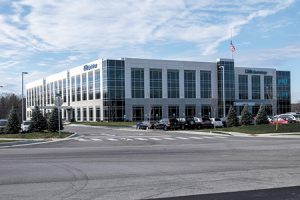
Parent company Genesco started trying to sell the Zionsville-based division 10 months ago, but no deal has been struck. Meanwhile Lids' long-running decline has continued.
The group says the revised plan for the north-split interchange falls short on increasing connectivity between neighborhoods separated by the interstates, and boosting economic development opportunities.
The company is spending millions of dollars to broaden its foothold as internet connectivity becomes the norm in vehicles, opening up a wealth of opportunities for enhanced entertainment, marketing and data services.
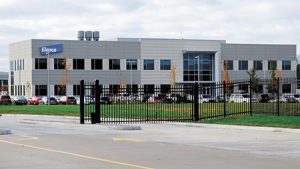
Investors hope Greenfield-based Elanco—the No. 4 animal health company in the world—will be the next Zoetis, the former animal-health division of Pfizer, which has nearly tripled in value since going public in 2013.
An analysis by OneAmerica of 32 major life insurers found that it was the only one that realized a gain on its investment portfolio from 2008-2010.

 Milhaus President Jeremy Stephenson, a panelist at IBJ's Commercial Real Estate Power Breakfast on Wednesday, said job growth and millennials' tendency to put off marriage are helping to support the downtown apartment market.
Milhaus President Jeremy Stephenson, a panelist at IBJ's Commercial Real Estate Power Breakfast on Wednesday, said job growth and millennials' tendency to put off marriage are helping to support the downtown apartment market.
Attorneys for the defendants have asked the court to discuss the case, arguing it falls far short of the standards needed to warrant a full-blown trial.
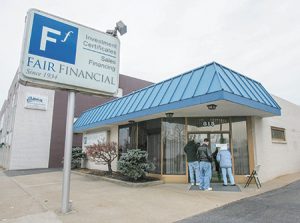
Without a big settlement, or a resounding victory at trial, victims in the fraud would be left with an underwhelming recovery—currently 11 cents on the dollar, based on distributions of $18 million in December 2015 and $5 million last October.
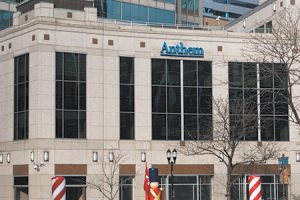
Plaintiffs' attorneys sought $38 million in legal fees after reaching a $115 million settlement with the Indianapolis-based health insurer last year.
Calumet shares now trade around $6.65, nearly double their October 2016 low but way down from October 2015, when they fetched around $27.

The outcome of the test will help determine whether all Finish Line outposts will take on the JD Sports moniker and product mix.

The case might never have come to light were it not for a nearly century-old Indianapolis company that had a chance to participate in the overbilling and kickback scheme but called the FBI instead.
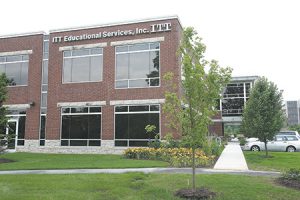
The modest settlements might suggest the SEC concluded its case wasn't that strong or that it would be difficult to explain to a jury.
The deals with former ITT CEO Kevin Modany and Chief Financial Officer Kevin Fitzpatrick were reached days before trial and include more than financial settlements.
The public attention might up the pressure on corporate boards to rein in pay for top brass, especially if multiple years of reporting document the gulf between median pay and CEO pay is widening.
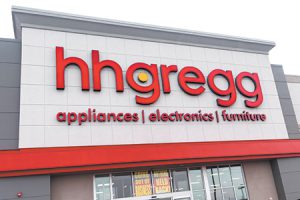
A Delaware law firm is spearheading the case on a contingency-fee basis. Under the sliding scale, it would get 20 percent of a recovery up to $10 million, and 35 percent of a recovery topping $20 million.